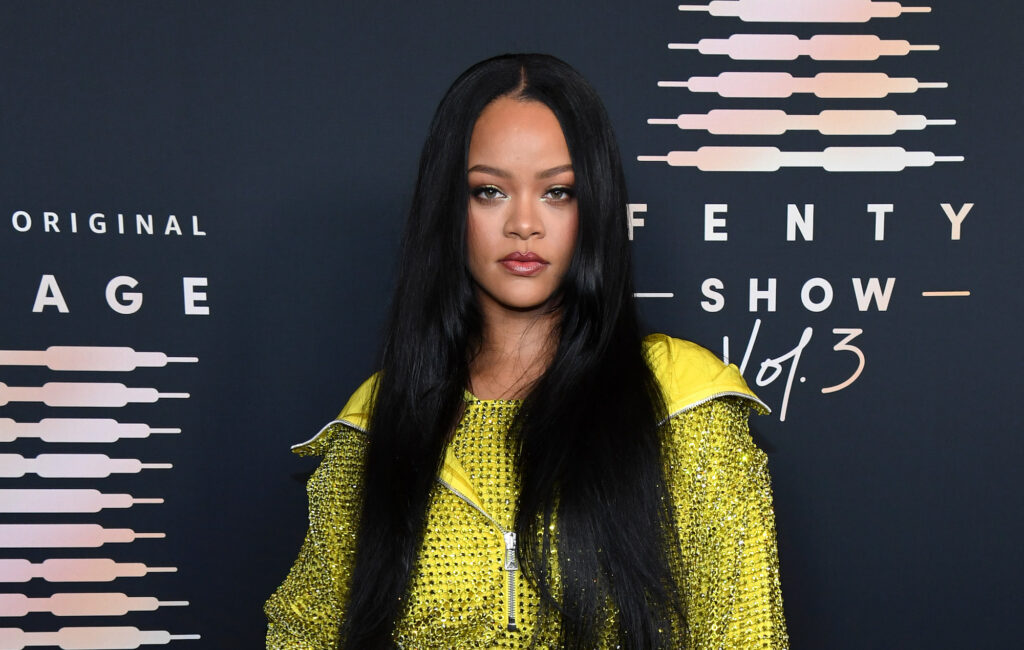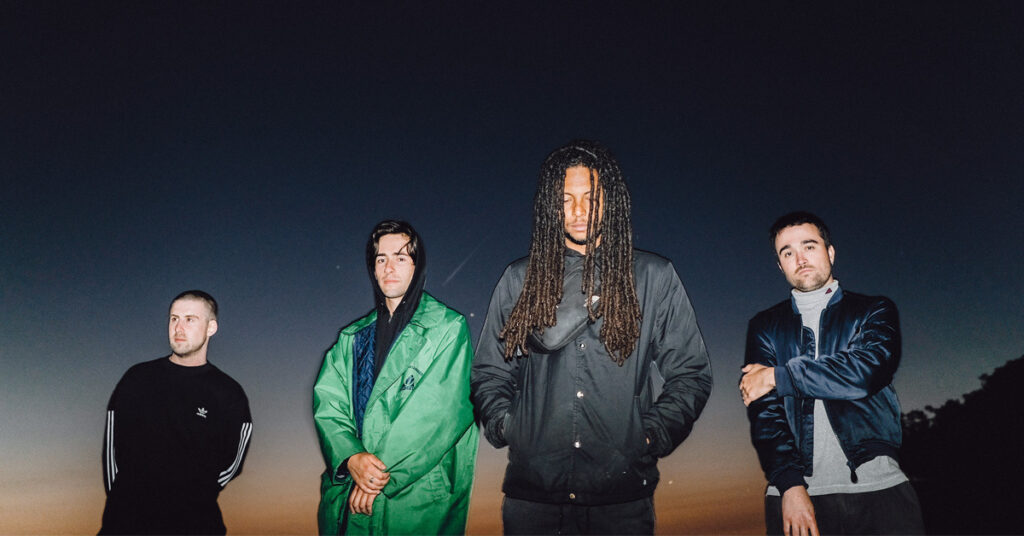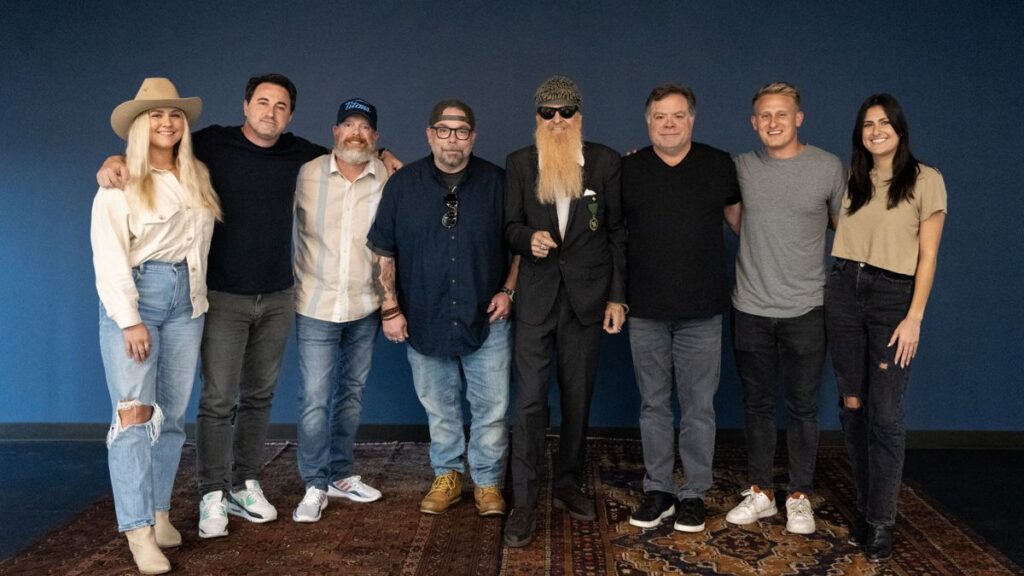Too Soon? 35-Year-Old Hardy Sells ‘Select Compositions’ to Spirit Music Group

Hardy, who’s sold a portion of his catalog to Spirit Music Group. Photo Credit: Tanner Gallagher
Too soon? 35-year-old Hardy has officially cashed in on a portion of his music IP under a newly announced Spirit Music Group deal.
New York City-based Spirit took to social media to announce the investment, which extends to “select compositions from the music publishing catalog” of Hardy. Unsurprisingly, given the top-level details about the relevant works, the buyer opted against publicly disclosing the transaction’s financials.
However, the entity did note that the tie-up also encompasses “a go-forward exclusive songwriting agreement” between Hardy and Spirit Music Nashville. Meanwhile, Spirit chief creative officer and Spirit Nashville CEO Frank Rogers in a statement touted the Philadelphia, Mississippi-born artist’s accomplishments.
“HARDY is a multi-genre force of nature as an artist, a world-class songwriter and a great human being,” added Rogers. “Spirit could not be more excited to welcome HARDY to the family and we are excited about helping him build on his already legendary career.”
To reiterate the obvious, the company and Hardy (who’s set to release his fourth studio album on the 26th) will have plenty of time to build on that career.
By now, most are well aware of legacy talent’s blockbuster catalog sales – with the likes of Pink Floyd, Neil Sedaka, and Rod Stewart among the veteran acts who have sold their song rights.
But to this point in 2025 alone, the Jonas Brothers (the oldest of whom is 37), Rodney Jerkins (48), DJ Khaled (49), Deadmau5 (44), and T-Pain (40) have turned their bodies of work into once-off paydays. Before that, deals involving Daddy Yankee (currently 49), 41-year-old Calvin Harris (referring in part to a second catalog change of hands in 2024), Justin Bieber (31), and Katy Perry (40) had wrapped.
On one hand, capital is continuing to pour into the catalog space – July brought a $1.2 billion commitment from Warner Music and Bain – and massive price tags aren’t exactly rare as a result.
On the other hand, only time will tell how high catalog values climb in the coming decades – and whether the mentioned talent will grow to wish they hadn’t sold. Already, DMN has picked up on rumblings of post-sale regrets on the part of relatively young professionals.
(There’s room for a parenthetical here about the potential pitfalls associated with securing huge checks. Months after selling his IP for a reported $217 million, Daddy Yankee sued his estranged wife for allegedly draining $100 million from his bank account without authorization. And Calvin Harris this week accused his longtime financial advisor of stealing $22.5 million.)
In the bigger picture, recent years’ rapid-fire song-rights buyouts – over 300 of which are logged in DMN Pro’s Music IP Acquisition Tracker – mean we won’t have too difficult a time determining which professionals are uninterested in selling.
Additionally, some have tackled the subject directly; Mick Jagger, for instance, previously shut down the possibility of a Rolling Stones catalog sale.
Link to the source article – https://www.digitalmusicnews.com/2025/09/16/hardy-catalog-sale-september-2025/
-
Cubilux USB C to Guitar Adapter, Type C to Bass Guitar/Keyboard/Digital Piano Converter Compatible with iPhone 15+/15 Pro Max, iPad Pro/Air 5 4, Samsung S23/S22/S21/S20 Tab S8 S7 S6, Pixel 8/7/6 Pro$24,90 Buy product
-
LEKATO Percussion Sample Pad, Electric Drum Pad with 9 Velocity-Sensitive Drum Pad, 600+ Sounds, Electronic Drum Set Pad Multipad with MIDI out, USB MIDI, AUX, Looper, Metronome, Trigger inputs$279,99 Buy product
-
Razer Seiren Mini USB Condenser Microphone: for Streaming and Gaming on PC – Professional Recording Quality – Precise Supercardioid Pickup Pattern – Tilting Stand – Shock Resistant – Classic Black$49,99 Buy product
-
Sound Innovations for Concert Band, Bk 1: A Revolutionary Method for Beginning Musicians (B-flat Clarinet), Book & Online Media$11,99 Buy product
-
Squier by Fender Affinity Series Precision Bass PJ Beginner Pack, Laurel Fingerboard, Black, with Gig Bag, Rumble 15 Amp, Strap, Cable, and Fender Play$449,99 Buy product













Responses